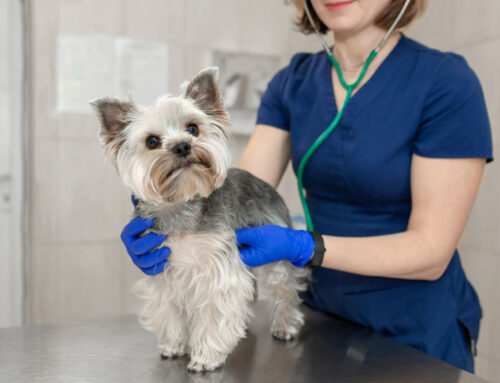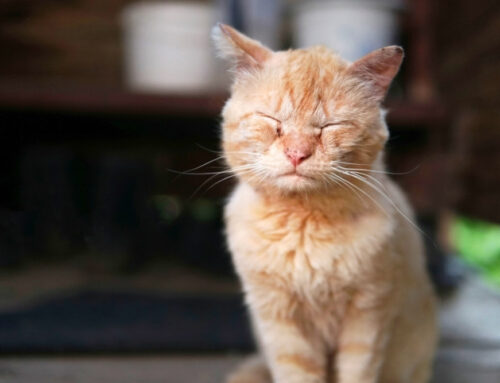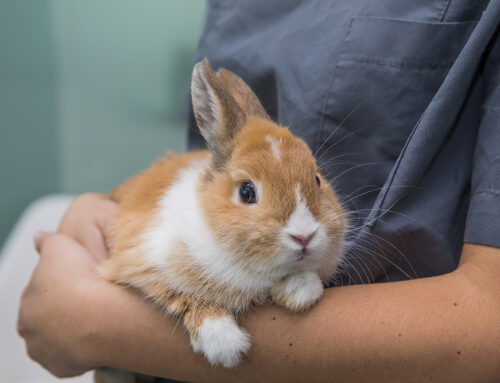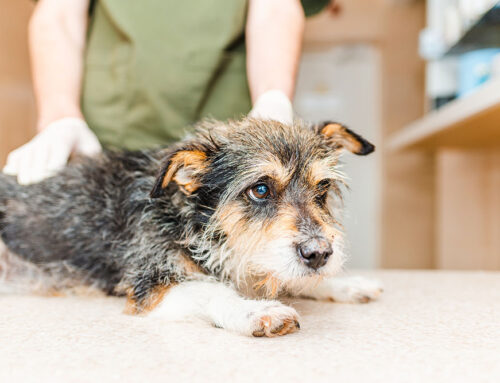As the sun blazes and temperatures rise, pet owners must keep their furry companions safe and comfortable. Pets who do not receive the appropriate care can suffer from dehydration, heatstroke, burned paw pads, and other heat-related issues. To help you keep your pet cool and happy during the sizzling summer months, our Parker Center Animal Clinic team shares 10 essential heat safety tips.
1: Leave your pet at home
One of the most dangerous places for a pet in summer is a parked car. Temperatures inside your car can skyrocket in minutes, despite parking in the shade and cracking the windows. Always leave your pet at home if you’re running errands. If you must take them, ensure someone stays with them in the air-conditioned car.
2: Provide your pet with plenty of fresh water
Hydration is key to preventing heatstroke. Ensure your pet always has access to fresh, cool water by placing bowls and pet fountains around the house and outside. For walks and outdoor adventures, tote along a collapsible bowl and bottle of water.
3: Limit your pet’s exercise
Exercise is important, but during extreme heat, it’s best to limit outdoor physical activity to the cooler early mornings or late evenings. When exercising or playing with your pet outdoors, avoid walking on hot pavement or sand, which can burn their paws, and walk on shaded paths or grassy areas.
4: Create a cool space indoors for your pet
Ensure your home is a cool sanctuary for your pet. Keep curtains or blinds closed to block out the sun and use fans or air conditioning to keep the temperature comfortable. Cooling mats or pads can also be refreshing for your pet to lie down.
5: Watch your pet for heatstroke
Recognizing that heatstroke may be impending is critical for preventing fatal organ damage in your pet. Monitor them closely for these signs:
- Heavy panting
- Excessive drooling
- Lethargy
- Incoordination
- Disorientation
- Bright red gums and tongue
- Vomiting or diarrhea
- Collapse
If your pet is resting frequently, panting heavily, and drooling thick, ropey strings of saliva, bring them indoors, offer fresh water, and point a fan at them. For more serious heatstroke episodes, cool your pet slowly by running tepid water over their body and seeking veterinary care.
6: Use pet-safe sunscreen
Pets, especially those with short hair or light-colored fur, can get sunburned. Apply pet-safe sunscreen to areas prone to sunburn, such as the nose, ears, and belly. Avoid human sunscreen, which can be toxic to pets.
7: Offer pets frozen treats
Help your pet beat the heat with homemade frozen treats. Make popsicles by blending plain yogurt with pet-safe fruits (e.g., bananas, strawberries, or blueberries) and freeze the mixture in ice cube trays or silicone molds. These delicious frozen delights also help keep your pet cool and hydrated.
8: Provide pets with shade outdoors
If your pet spends time outside, ensure they can access shaded areas. Trees, tarps, or pop-up tents can provide much-needed relief from the sun. However, adequate ventilation is also necessary to prevent overheating, since enclosed buildings may provide shade, but can become stifling in the heat.
9: Groom pets for the summer
Regular grooming can help keep your pet cool, as brushing removes excess fur and prevents matting that can trap heat. However, avoid shaving, because your pet’s fur coat—no matter how long or thick—acts as a thermoregulator. Double-coated pets, like huskies, shepherds, and other “furry” breeds, rely on their thick fur to keep them cool in the summer and warm in the winter.
10: Swim safety for pets
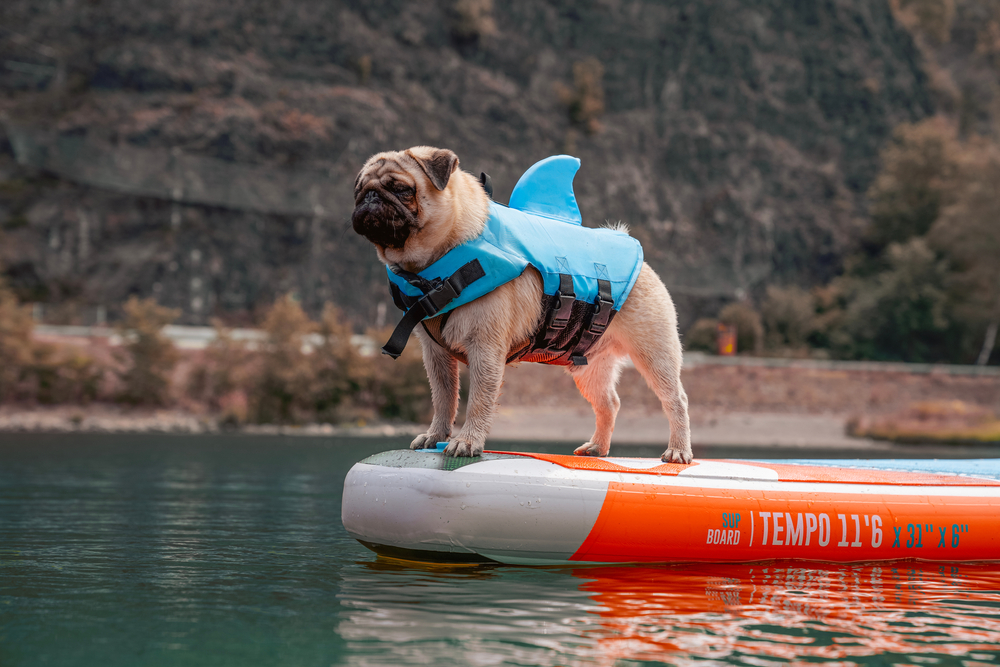
Always prioritize supervision and proper equipment when your pet is around water. Ensure they wear a life jacket, rinse them off after swimming in a pool or lake, and avoid crowded areas. Be mindful of water conditions and watch your pet for fatigue signs to keep them safe.
Keeping pets safe in the heat requires vigilance, preparation, and common sense. If you’re uncomfortable in the summer sun, your pet likely is also uncomfortable and should be inside. If you and your furry pal are outside, watch them closely and contact our Parker Center Animal Clinic team immediately if you suspect overheating or other heat-related problems.



